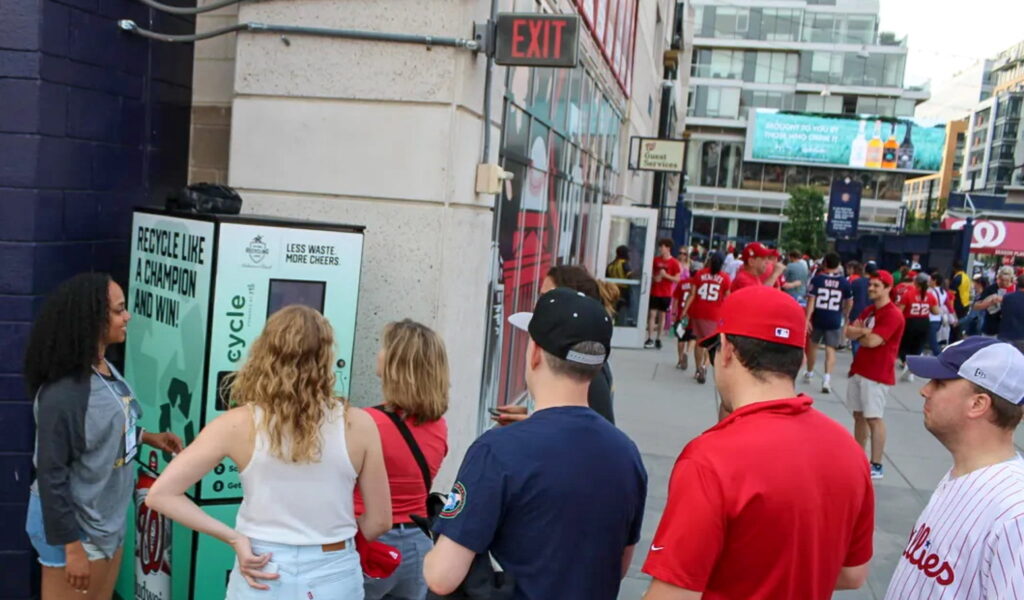Reverse vending machines for recycling are gaining traction outside of bottle bill states
Excerpt below, Originally posted in WasteDive By Holly Stephens
—
Beyond retail environments, RVMs are also considered to be a good fit for high-traffic areas, such as entertainment venues and sports stadiums. Last year, Recycle Track Systems acquired RVM company Cycle, and that same month the company’s technology was utilized at the Super Bowl.
“A big part of [the] thesis for that deal was expanding that professional sports stadium portfolio, but also trying to diversify the customer base,” said Anwar Khan, product manager at RTS and co-founder of Cycle.
Khan quickly saw the potential for RVMs at stadium spaces, with placements at MLB and NFL events.
“Folks are given … autographs, jerseys, or signed merchandise from their favorite sports team,” Khan said, pointing out that RVMs create an avenue for consumers to physically interact with and participate in the sustainability initiatives of brands and venues that they patronize. “It’s changing the mentality for consumers.”
Some packaging companies are also working with RVM providers. This year, Ball partnered with RTS for the installation of an RVM at Copper Mountain Resort in Colorado to collect its aluminum cups. Once cups are inserted into a machine they are scanned, crushed and sorted for recycling.
Khan said municipally supported programs can be especially helpful in states where reverse vending hasn’t been pervasive in the past. He cited an RVM installation in Coral Gables, Florida, in partnership with the Florida Beverage Association. A machine was placed in the lobby of the War Memorial Youth Center, and the top recyclers were awarded benefits that they could use in their local area, such as movie tickets and meal vouchers.
“That program saw a lot of volume, because I think it was something that was so new to the community,” Khan said.

